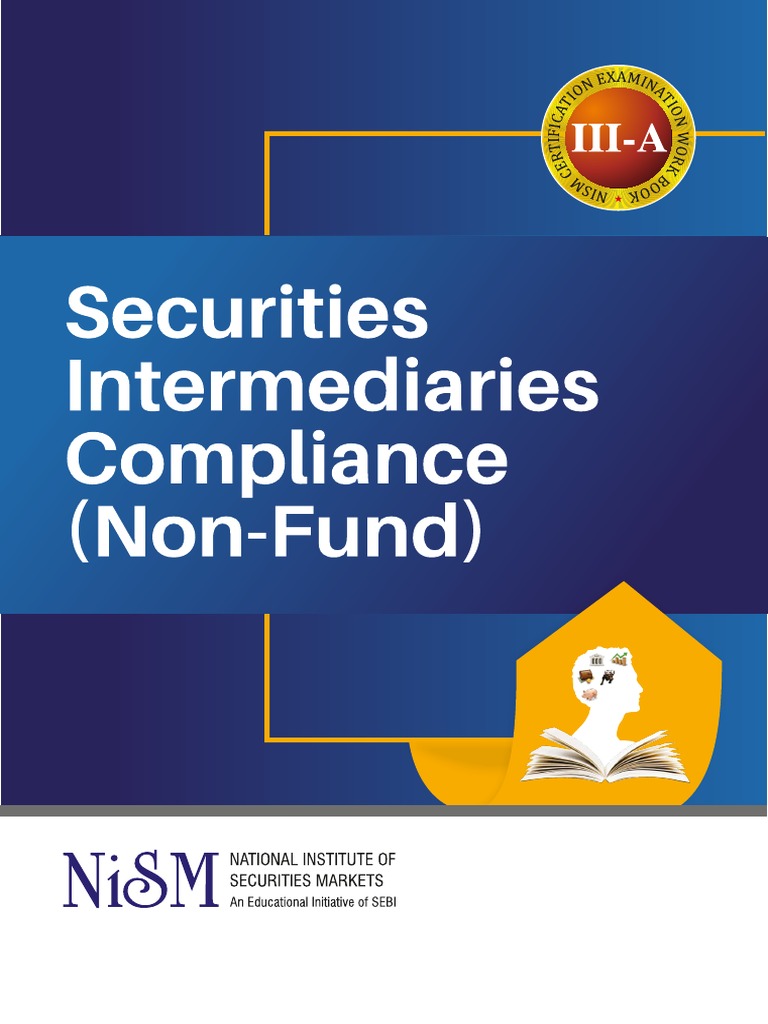SEBI board meeting highlights: Key decisions on new delisting rules, AIF, NGOs, index providers; 5 things to know
SEBI board meeting highlights: Key decisions on new delisting rules, AIF, NGOs, index providers; 5 things to know
In a significant development, the Securities and Exchange Board of India (SEBI) declined to approve new delisting regulations on Saturday, citing the inadequacy of available data. The decision was part of a broader meeting of the SEBI board, where several key decisions were announced, impacting various facets of the financial market landscape.
The proposed delisting regulations, aimed at governing the process of companies voluntarily delisting from stock exchanges, faced a setback as SEBI expressed reservations about the lack of sufficient data. The regulatory body emphasized the importance of comprehensive data to formulate effective and robust delisting regulations, indicating a commitment to thorough analysis and due diligence.
In addition to the decision on delisting regulations, the SEBI board announced several other key decisions that would have implications across different segments of the financial market. Notable among these decisions were those related to fundraising through the New Public Offering (NPO) route. The specifics of these decisions were not detailed in the available information but are expected to influence the fundraising landscape for companies opting for the NPO route.
Furthermore, the SEBI board’s decisions included regulations for index providers, addressing a crucial aspect of the financial market infrastructure. The regulatory framework for index providers is essential for ensuring transparency, fairness, and reliability in the functioning of indices, which play a pivotal role in investment and trading activities.
The board also deliberated on matters related to Alternative Investment Funds (AIF) operations, indicating a focus on refining the regulatory framework governing these investment vehicles. The details of these decisions were not provided, but AIFs have gained prominence as a significant investment avenue, and regulatory updates are critical to ensuring their smooth operation within the regulatory framework.
While the specific reasons for the non-approval of delisting regulations were not outlined, it reflects SEBI’s commitment to a meticulous and data-driven approach in regulatory decision-making. The decisions announced during the board meeting signal a proactive stance in addressing various aspects of the financial market, aiming to enhance regulatory clarity, transparency, and efficiency across different segments. As SEBI continues to evolve its regulatory framework, these decisions are likely to shape the regulatory landscape for market participants and stakeholders.
During its meeting in Mumbai on Saturday, the board of the Securities and Exchange Board of India (SEBI) announced several key decisions that are poised to influence various aspects of the financial market landscape. Among the notable decisions, the board refrained from approving new delisting regulations, citing a lack of sufficient data. This move reflects SEBI’s commitment to a thorough and data-driven approach in formulating effective regulations governing the process of companies voluntarily delisting from stock exchanges.
In addition to the decision on delisting regulations, the SEBI board addressed matters related to fundraising through the New Public Offering (NPO) route. While specific details of these decisions were not provided, they are expected to have implications for companies opting for the NPO route, shaping the fundraising landscape in the Indian capital market.
The regulatory framework for index providers was also a focus of the SEBI board’s decisions. Recognizing the pivotal role that indices play in investment and trading activities, SEBI aimed to refine the regulations governing index providers. This move is significant in ensuring transparency, fairness, and reliability in the functioning of indices, crucial components of the financial market infrastructure.
Furthermore, the board deliberated on regulations related to the operations of Alternative Investment Funds (AIF). While specific details of these decisions were not outlined, they indicate a commitment to refining the regulatory framework governing AIFs, a growing segment in the investment landscape.
The meeting highlighted SEBI’s proactive stance in addressing various facets of the financial market. The decisions taken by the board are poised to enhance regulatory clarity, transparency, and efficiency across different segments, influencing market participants and stakeholders.
As SEBI continues to evolve its regulatory framework, these decisions reflect its commitment to maintaining a robust and dynamic regulatory environment. By focusing on data-driven decision-making and addressing key areas of the financial market, SEBI aims to foster a resilient and transparent market ecosystem in line with the evolving needs of market participants and the broader financial landscape in India.
Addressing the press in Mumbai, Madhabi Puri Buch, a key figure at the Securities and Exchange Board of India (SEBI), disclosed that the board had engaged in discussions regarding the proposed delisting regulations during the meeting held on the day. However, she pointed out that the board found the available data to be insufficient to reach a conclusive decision on the matter.
The decision not to approve the new delisting regulations underscores SEBI’s commitment to a meticulous and data-driven approach in formulating regulatory frameworks. The acknowledgment of insufficient data indicates a cautious stance, emphasizing the importance of comprehensive information in crafting effective and robust regulations governing the voluntary delisting process for companies on stock exchanges.
Madhabi Puri Buch’s statement provides insight into the regulatory considerations and the diligence exercised by SEBI in evaluating proposals. It reflects the regulatory body’s commitment to ensuring that decisions are well-informed and grounded in a thorough analysis of the available data, reinforcing the principles of transparency and accountability in regulatory processes.
While the specific details regarding the insufficiency of data were not elaborated upon, the statement signals a proactive approach by SEBI to refrain from making hasty decisions in the absence of comprehensive information. The regulatory landscape, particularly regarding delisting regulations, is a critical aspect of ensuring the integrity and efficiency of the capital market, and SEBI’s cautious approach reflects a commitment to these objectives.
As SEBI continues to navigate the evolving dynamics of the financial market, this decision adds to its track record of prioritizing a careful and well-informed regulatory framework. The acknowledgment of insufficient data serves as a testament to SEBI’s dedication to maintaining a robust regulatory environment that aligns with the evolving needs and complexities of the financial landscape in India.
SEBI, the market regulator, has announced the introduction of a regulatory framework specifically designed for index providers. This significant move is aimed at establishing a structured framework to govern and administer financial benchmarks in the securities market. The regulatory initiative is expected to enhance transparency and accountability in the functioning of indices, which play a pivotal role in guiding investment and trading activities.
The introduction of a dedicated regulatory framework for index providers underscores the recognition of the crucial role that indices play in shaping investment decisions and market dynamics. By establishing guidelines for governance and administration, SEBI aims to ensure that financial benchmarks operate in a transparent and accountable manner, instilling confidence in market participants.
The framework is likely to encompass guidelines and regulations related to the calculation, maintenance, and dissemination of indices. This includes addressing issues such as data accuracy, methodology, and the prevention of potential conflicts of interest within index providers. The overarching goal is to create a standardized and regulated environment for the functioning of indices, contributing to the overall integrity and efficiency of the securities market.
SEBI’s proactive approach in introducing a regulatory framework for index providers reflects the evolving nature of the financial market and the need for comprehensive regulations to address emerging challenges. The move aligns with international best practices, where similar frameworks have been implemented to ensure the reliability and credibility of financial benchmarks.
As the regulatory framework takes shape, market participants, including index providers, are likely to adapt to the prescribed guidelines, contributing to a more robust and transparent financial ecosystem. The introduction of specific regulations for this segment of the market reaffirms SEBI’s commitment to fostering a regulatory environment that not only keeps pace with market developments but also safeguards the interests of investors and ensures the fair and efficient functioning of the securities market in India.





